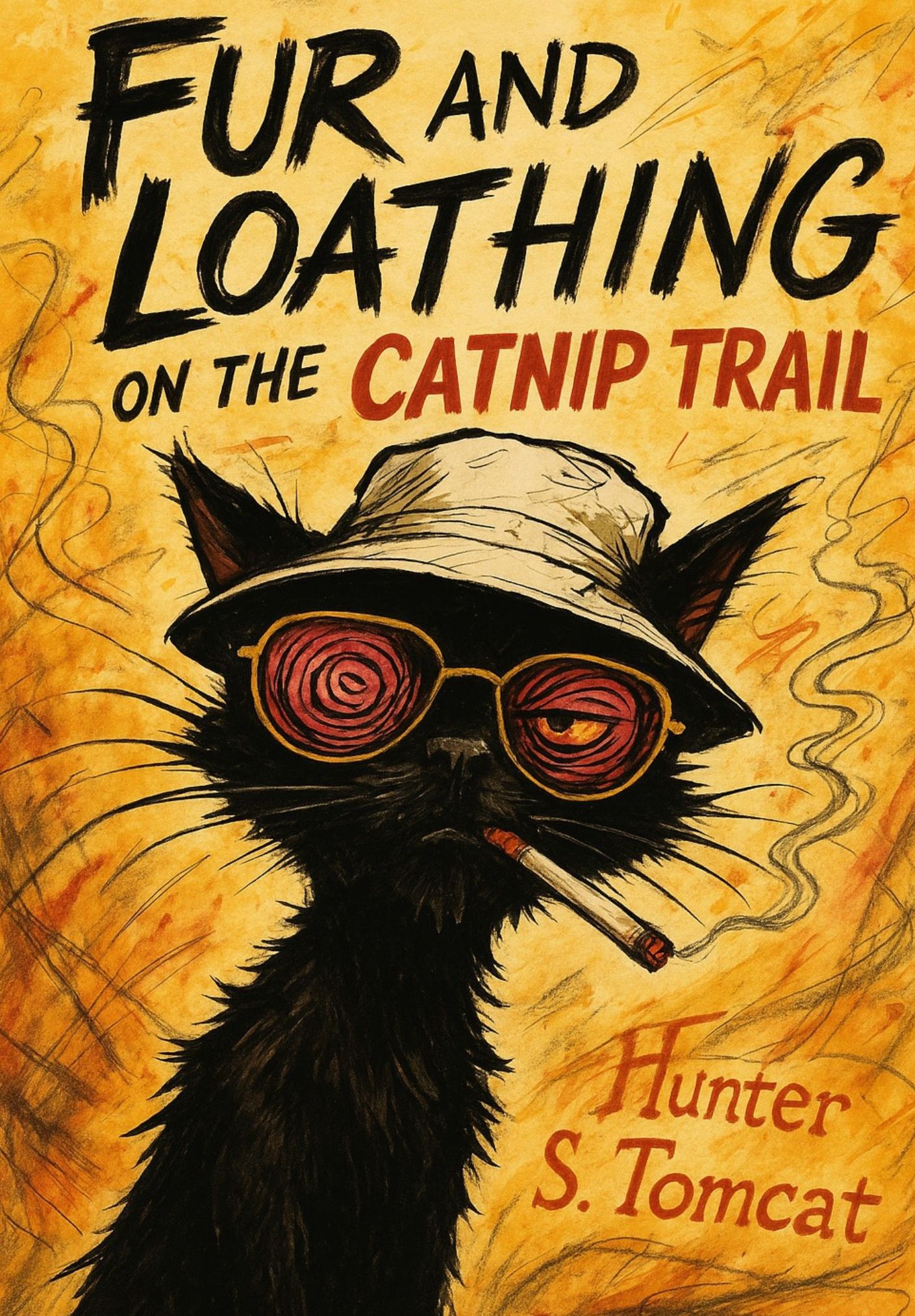In the scorched landscape of American politics, where the air is thick with the acrid stench of ambition and desperation, one figure stands out like a sore thumb—Donald Trump. The man has mastered the art of verbal warfare, brandishing his words like a loaded weapon, unleashing a barrage of no-holds-barred rhetoric that echoes across the nation. It’s a spectacle both absurd and terrifying, like watching a madman dance atop a crumbling volcano, while the rest of us watch with a mix of horror and morbid fascination.
Trump’s language is a cacophony of bravado and aggression, punctuated by that familiar sneer that suggests he’s just one tweet away from inciting a riot. In his world, diplomacy is for the weak; compromise is a sign of cowardice. His speeches drip with the kind of vitriol that would make even a seasoned street brawler blush. He speaks to the primal instincts of his followers, wrapping his no-veiled threats in the guise of patriotism, a sort of blood-soaked tapestry of American exceptionalism that seduces the disenfranchised and the disillusioned.
Take, for instance, his infamous rallying cries, often infused with a palpable sense of impending doom for anyone who dares to oppose him. His rhetoric has blurred the lines between political discourse and the mob mentality, where enemies are not just opponents but existential threats to the very fabric of the nation. In this twisted reality, the political landscape is not a chessboard but a battleground, and Trump is the self-proclaimed commander, ready to unleash his minions at a moment’s notice.
Yet, what’s most alarming is the underlying normalization of this violent rhetoric. As Trump hurls invective like confetti, the specter of violence looms ever larger, a grim specter that whispers to his supporters that the time for talk has long since passed. It’s a radical simplification of complex issues, a reduction of political engagement to a binary choice: you’re either with him or you’re against him, and if you’re against him, you’d best watch your back. This is not just rhetoric; it’s an invitation to chaos, a call to arms cloaked in the language of democracy.
The consequences are palpable. We’ve witnessed the unraveling of civil discourse, the rise of intimidation tactics, and a palpable unease among those who dare to dissent. The storm clouds of populism have gathered, and beneath the surface of Trump’s bravado lies a current of anger that is ready to erupt at any moment. It’s the kind of fervor that could ignite the kind of violence that makes history—a violence that does not discriminate and leaves a wake of destruction in its path.
In the end, we find ourselves grappling with a phenomenon that is both grotesque and oddly captivating. Donald Trump is a creature of our collective making, a reflection of a society that is increasingly comfortable with the language of violence. As we navigate this treacherous terrain, one thing becomes abundantly clear: the stakes have never been higher, and the rhetoric has never been more dangerous. Welcome to the new normal, where the art of the deal has morphed into the art of the threat, and where the only certainty is that chaos looms just around the corner.
